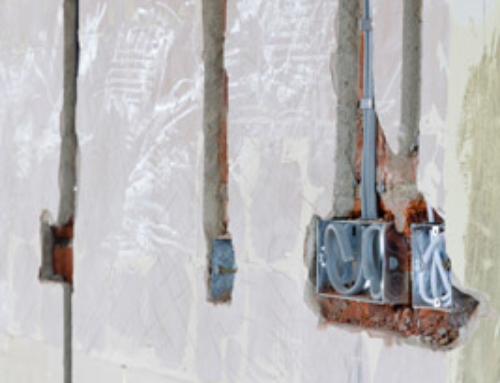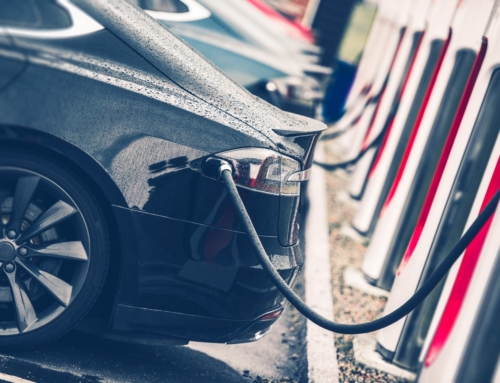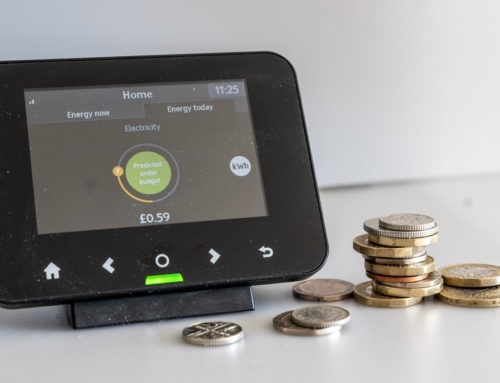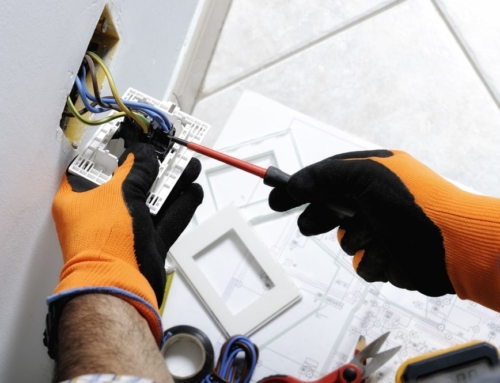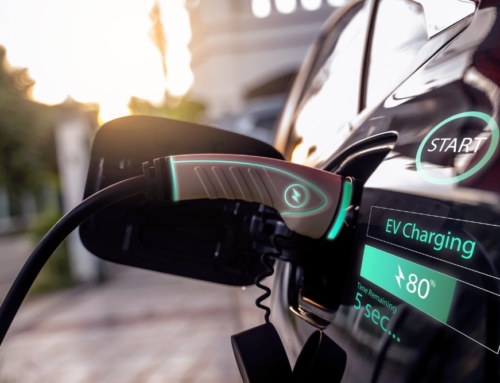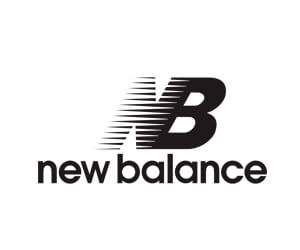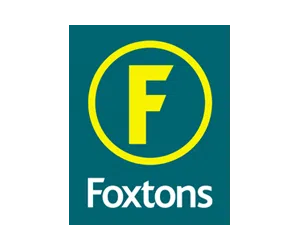
Smart Homes are becoming more popular
Smart devices are a hot topic. If you follow any tech bloggers on Twitter, you can’t help but be aware of the augmented reality glasses being developed by Google – Google Glass – or the smartwatch reportedly being developed by Apple. Let’s also remember Google’s self-driving car, a project that was winning awards back in 2005.
These devices seem to be out of the reach of the average householder, but smart tech is already with us in a less flashy format. Cars that drive themselves are admittedly something of a novelty, but domestic smart tech is more practical – and it could save you time and money.
Let’s look at some examples.
Lighting
Smart lighting can be installed into any home with an internet connection, and there are a range of benefits on offer for the average householder.
Firstly, you can control your lighting with a mobile phone from any location. Sounds gimmicky, but it’s actually surprisingly useful. You can control the lights while on holiday, do away with bulky timers and make sure you’re not reliant on a neighbour to do the honours.
An ad-hoc control system makes the system more random which acts as a better deterrent to burglars.
Some smart lighting systems expand the capabilities of your lights, giving you the power to dim, fade and change colours. Some bulbs even pulse to music.
Security
Smart lighting can also be linked to other systems in the home. Security alarms, door entry systems or electric curtains.
For example, you can set up your lights to come on when you put your key in the door.
Even more beneficial is the opposite scenario: switching devices off when you leave.
Heating
Smart heating is another great example of technology being used to cut costs. Again, the system is controlled using a smartphone, so you can turn up the thermostat during that unexpected blizzard, or switch off your heating when the sun finally comes out.
Why Automate?
Utility bills are rising all the time, and despite the best efforts of regulators, the trend doesn’t look like it’ll be reversed. Rather than looking for cheaper energy, it’s going to be down to the homeowner to use energy more responsibly. That means taking control and reducing the amount of energy you use.
In exchange for a one-off investment, smart tech makes perfect financial sense.
The Future of Smart Technology
So what’s in store for the future?
- Nokia has created a smart cooker that can take photos of your food and share them over the internet: ideal for Instagram addicts everywhere.
- What about a smart microwave? A DIY computer programmer came up with the idea of using a basic computer to scan a frozen meal’s QR code and automatically set the microwave to cook the correct cooking settings.
- Samsung has developed a smart fridge which allows you to create shopping lists that can sync with your mobile phone.
Once upon a time, this kind of tech may have been a thing of fantasy – something only seen in The Jetsons. But now, smart tech is commonplace, and it’s only a matter of time before it’s commonplace.

